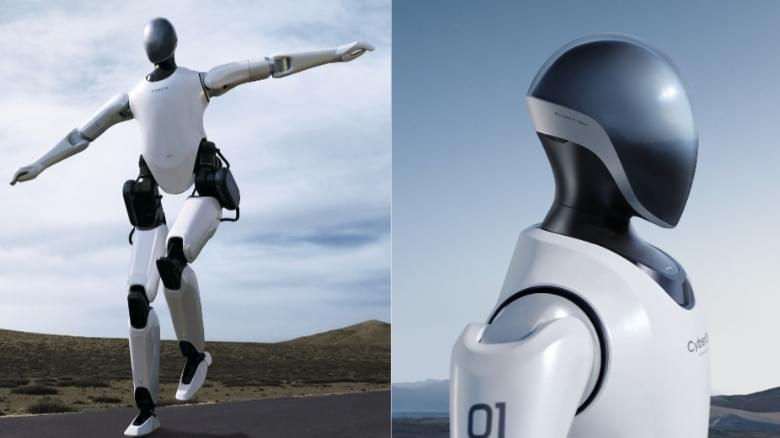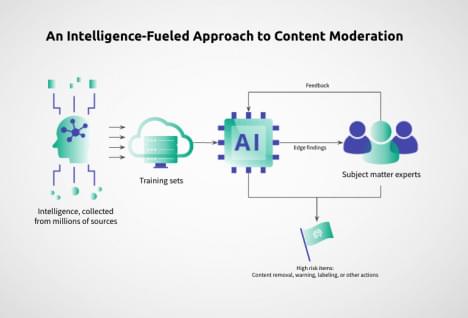❤️ Check out Lambda here and sign up for their GPU Cloud: https://lambdalabs.com/papers.
📝 The paper “MegaPortraits: One-shot Megapixel Neural Head Avatars” is available here:
https://samsunglabs.github.io/MegaPortraits/
❤️ Watch these videos in early access on our Patreon page or join us here on YouTube:
- https://www.patreon.com/TwoMinutePapers.
- https://www.youtube.com/channel/UCbfYPyITQ-7l4upoX8nvctg/join.
🙏 We would like to thank our generous Patreon supporters who make Two Minute Papers possible:
Aleksandr Mashrabov, Alex Balfanz, Alex Haro, Andrew Melnychuk, Benji Rabhan, Bryan Learn, B Shang, Christian Ahlin, Eric Martel, Geronimo Moralez, Gordon Child, Ivo Galic, Jace O’Brien, Jack Lukic, John Le, Jonas, Jonathan, Kenneth Davis, Klaus Busse, Kyle Davis, Lorin Atzberger, Lukas Biewald, Matthew Allen Fisher, Michael Albrecht, Michael Tedder, Nevin Spoljaric, Nikhil Velpanur, Owen Campbell-Moore, Owen Skarpness, Rajarshi Nigam, Ramsey Elbasheer, Steef, Taras Bobrovytsky, Ted Johnson, Thomas Krcmar, Timothy Sum Hon Mun, Torsten Reil, Tybie Fitzhugh, Ueli Gallizzi.
If you wish to appear here or pick up other perks, click here: https://www.patreon.com/TwoMinutePapers.
Thumbnail background design: Felícia Zsolnai-Fehér — http://felicia.hu.
Károly Zsolnai-Fehér’s links:







